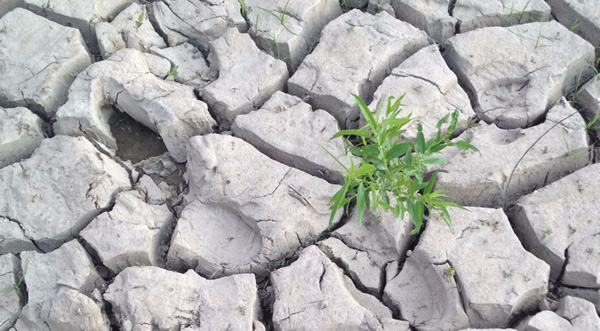Parashat Vayera
Genesis 18:1 – 22:24
This is a time for soul-searching and reassessment for our country and for the world. No matter what one’s political beliefs and positions, we all acknowledge that this is a time of change and challenge. What will stay the same and what will be altered? How do these new realities affect my own beliefs and perspectives?
The profound practice of reading the Torah again and again, every year, instructs us that we may draw needed strength to confront change by reviewing and remembering our past encounters with the Torah. To borrow a term from the Zohar, the words of the Torah are “old-new.” And our listening to those words is infused with our earlier experiences and education. As we listen and study anew, we may ask ourselves: Do those memories still resonate? In that spirit, I share with you this teaching for this parashah that I originally offered a few years ago, in 5773 (2012):
A great Hasidic master, Reb Simchah Bunem of Prysishcha, famously taught his disciples that every person should walk around with two small notes, one in each pocket, and read each one as needed. One pocket should hold the Rabbinic saying, “The world was created just for me.” (mSanhedrin 4:5) In the other pocket a person should have a note with the Biblical verse, saying: “I am but dust and ashes.” (Gen. 18:27)
The simple meaning of this teaching is that Reb Simchah meant us to seek a balance between self-esteem and humility. When we are feeling a little too full of ourselves, we should take out the note that reminds us that we are but dust and ashes. And when we are feeling defeated and depressed we should cheer ourselves up by taking out the note that teaches that each one of us is of infinite value, as valuable as the whole world.
But if we examine the context of the Biblical verse that Reb Simchah chose we may come to understand a different message altogether. The verse comes from our Torah portion. It is stated by Abraham in one of the most astounding encounters between a human being and God ever recorded. Abraham says this about himself just as he confronts and challenges God to spare the lives of the wicked citizens of Sodom and Gomorrah. He keeps pushing God to back down more and more from God’s original plan to destroy the cities. It is just as he begins pushing that Abraham explains himself to God by saying these words: “I am but dust and ashes.” If these words are meant to be an expression of lack of self-worth they seem hardly the appropriate description of a man who stands up to challenge God!
Instead, we must understand the image of the human being as dust in another way. The image should remind us of the story of God’s creation of the human. God bent over, as it were, and collected dust from the earth. Then God breathed the Divine Breath into that heap of dust and made it into a living soul. (Gen. 2:7) Thus, when Abraham draws near to God and argues with God to save the inhabitants of those cities, what he must be doing is recalling to God that primordial moment. “Here!” says Abraham, “I am but a clump of dust. Without Your Life-Breath I am nothing but that. But You chose to give me life. Now I demand that You again choose to give those clumps of dust in Sodom and Gomorrah the gift of life!”
Abraham’s seemingly humble statement is actually an expression of great audacity, springing from a deep sense of responsibility to others. The two notes we should carry in our pockets do not represent a paradox. Rather, they connect together to become an ongoing call:
The world may have been created for me, but what, then, was I created for? I was a mere clump of dust until God blew God’s own breath into me, infusing Her life in me. I was created to carry that Life-Breath and sustain it everywhere I can.
Shabbat Shalom
Rabbi David Greenstein
![]()
Subscribe to Rabbi Greenstein’s weekly d’var Torah
image: “Falls of the Ohio” © Joey Manley altered and used with permission via Creative Commons License
- Toby Stein: In Memoriam - Thu, Feb 8, 2024
- Faithfulness and Hope: Parashat Sh’lach - Thu, Jun 23, 2022
- Past Their Prime: Parashat B’ha`a lot’kha - Thu, Jun 16, 2022

